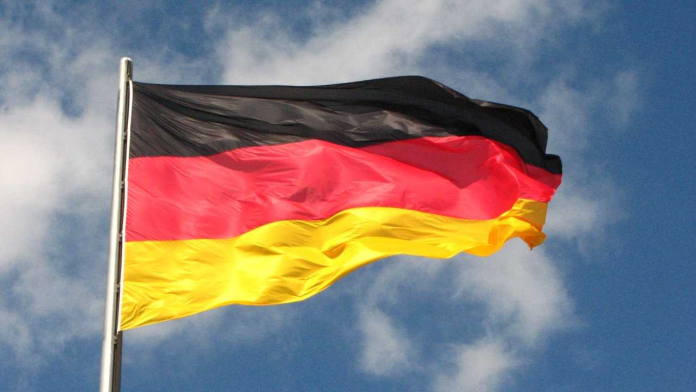BERLIN, FEB 20 (AFP/APP):German voters head to the polls in a winter election Sunday but may not have a new government until the spring.
The confident frontrunner Friedrich Merz has said he’s aiming for an Easter deadline and urged potential allies to get ready for speedy talks.
But arduous coalition negotiations tend to drag on for weeks if not months in Germany, spelling long stretches of political paralysis before a new chancellor takes charge.
“If we spend weeks, possibly months, possibly with party conferences and even member surveys then the period in which this country is without a majority capable of governing will be too long for me,” he said in a Politico interview this week.
In Berlin, a bulging in-tray of challenges awaits whoever is the next leader, from a stagnating economy to the Ukraine war and an increasingly hostile Trump administration.
Current polls give the conservative CDU-CSU alliance of Merz a strong lead over Chancellor Olaf Scholz’s Social Democrats (SPD).
But the surveys also suggest that Merz’s party, now polling around 30 percent, would need a junior coalition partner to gain a parliamentary majority.
Merz could potentially opt to work with Scholz’s centre-left SPD in a so-called “grand coalition” of the two big-tent parties, known as the “GroKo” in German.
Scholz — whose own motley alliance with the Greens and the liberal Free Democrats (FDP) broke up in November — would not be expected to personally join such a government.
Alternatively, a victorious Merz could invite the Greens into an alliance, but this so far has been strongly opposed by the CDU’s Bavarian sister party the CSU.
– Marathon talks –
Attempting to forge any such pact forces former campaign trail foes to quickly make nice. The parties first engage in exploratory talks before moving on to full coalition negotiations.
Scholz in 2021 needed 10 weeks from polling day to form his government with the Greens and the FDP.
Tired-looking selfies posted by party leaders during the marathon talks attested to the arduous work to forge a coalition of unprecedented complexity.
But the time span was “within the usual range”, said Uwe Jun, political science professor at Trier University.
Coalition agreements are highly detailed and have a “contractual character”, said Dorothee de Neve, politics professor at Justus Liebig University, but have long been a “feature of German politics”.
The longest wait came in 2017, when it took Angela Merkel’s conservatives some six months to forge a GroKo with the SPD.
Merkel’s initial attempt at a coalition with the Greens and FDP spectacularly failed, prolonging the wait.

















